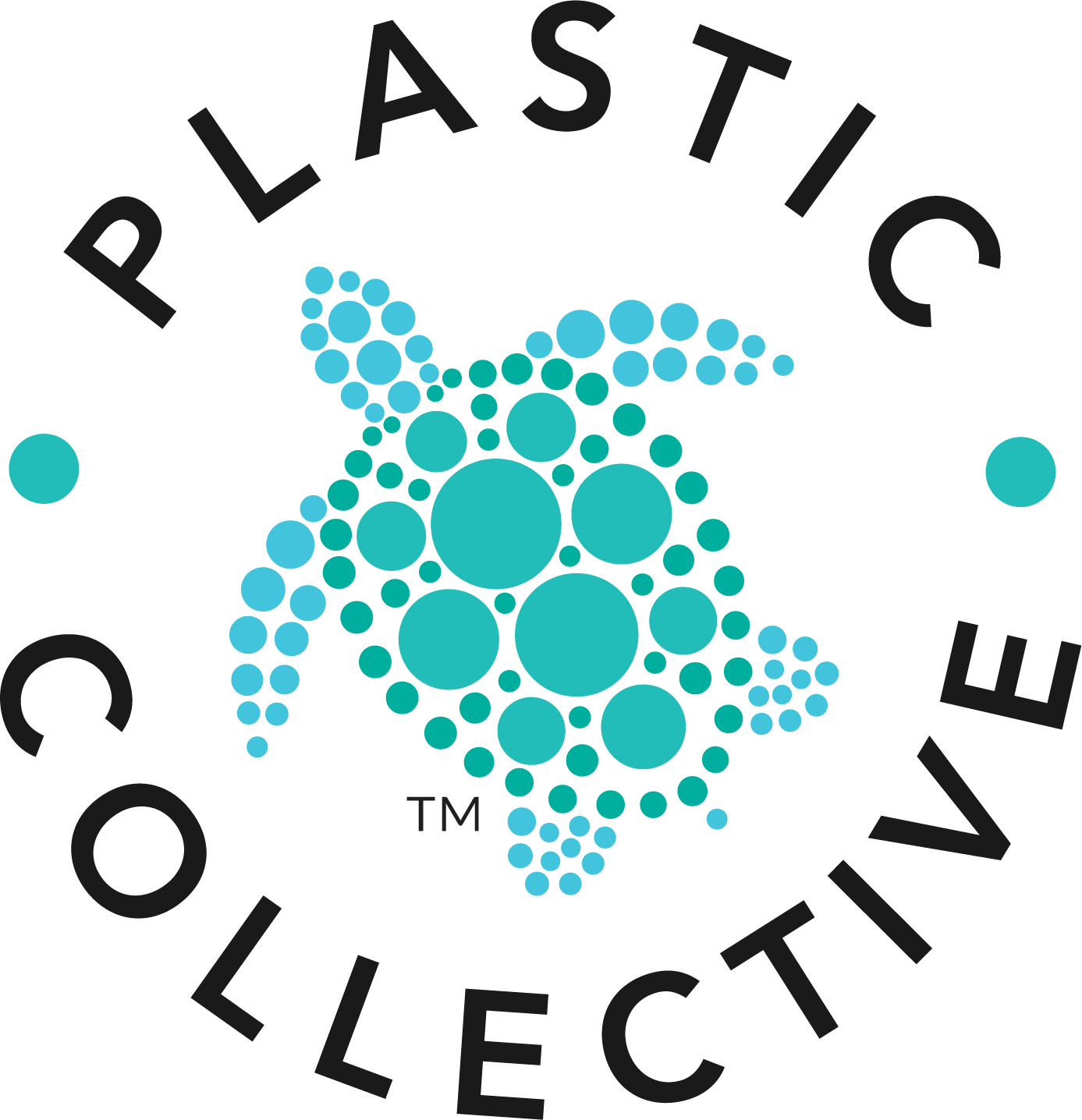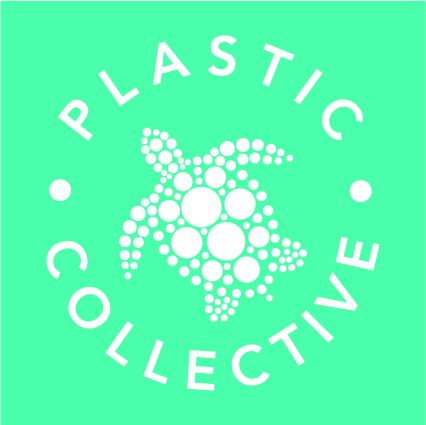Ellen MacArthur Foundation and Plastic Pollution
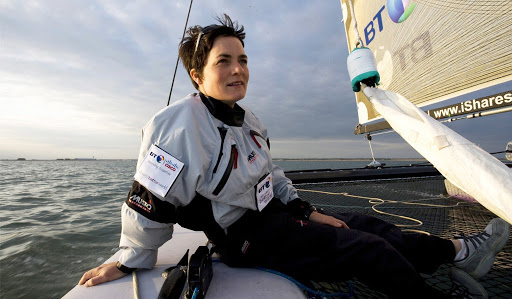
Plastic Collective talks about the Ellen MacArthur Foundation and how they’re leading the discussion on sustainability through reinventing systematic operations and innovation in resource management.
The Ellen MacArthur Foundation (EMF) is a UK based charity, pioneering the way in which businesses approach sustainability through a circular economy model. In 2017, the EMF launched an initiative to inspire a generation to rethink and redesign the development of plastic waste management solutions. Transforming our current trajectory from a linear framework to circular, with aims to eliminate waste. The purpose of a circular economy is to create a closed loop system with maximised resource efficiency through a reduce, reuse, recycling network. The idea is that all waste a resource for another process in a company’s infrastructure or manufacturing. The EMF created the New Plastics Economy Global Commitment to help connect brands to the circular economy for plastics.
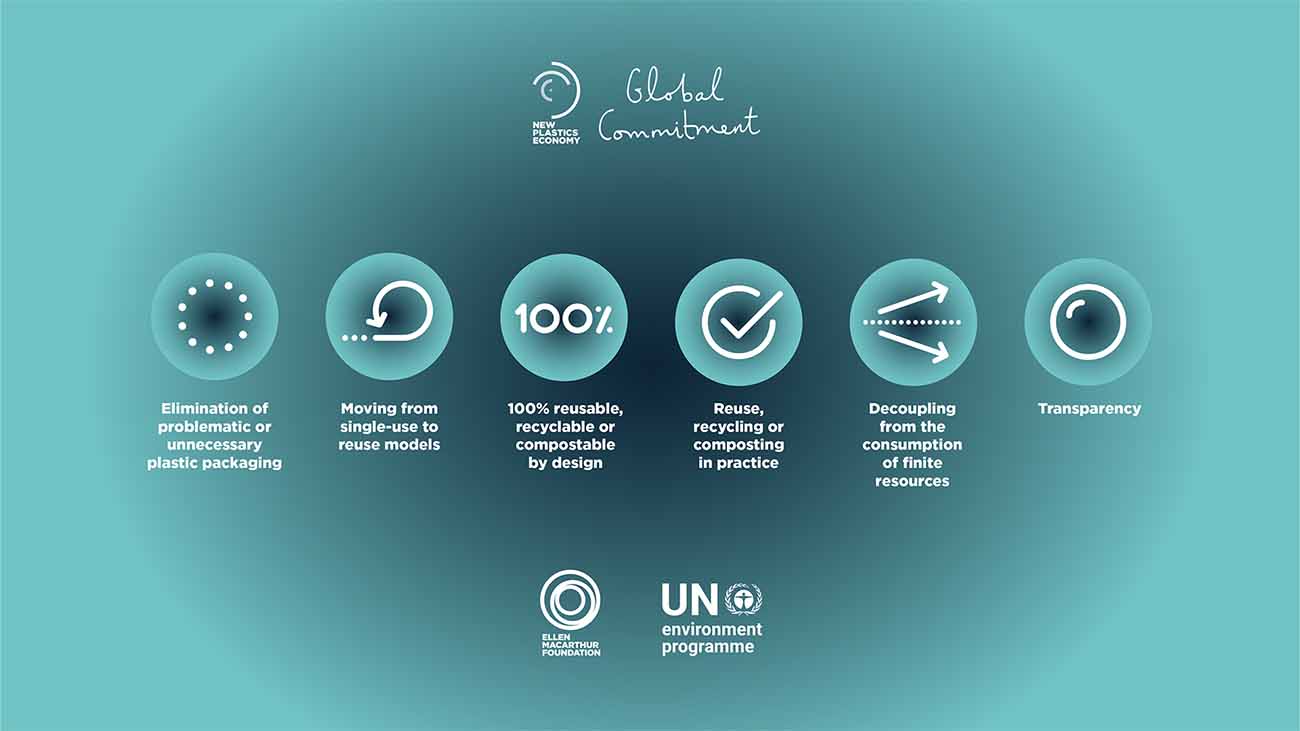
Figure 1. The New Plastics Economy Vision, Ellen MacArthur Foundation.
The Global Commitment System
The Ellen MacArthur Foundation has created three principles which will act as the foundations of the new circular economy for plastics system:
1. Design out waste and pollution
- 80% of environmental impacts are due to the design stage of manufacturing (Ellen MacArthur Foundation, 2020).
- By transforming our perspective, we can ensure waste is viewed as a design flaw, creating the opportunity to avoid the creation of waste and pollution in the first place.
2. Keep products and materials in use
- Changing the products as well as how the products are collected can help prevent plastic materials from ending up in landfill or contributing to plastic pollution.
- Our current waste management operations must be transformed so that ALL of the products and materials can be easily collected for reuse, repair and remanufacturing.
3. Regenerate natural systems
- We need to not only protect but improve the environment.
- Returning valuable nutrients to the soil and other ecosystems, will enhance our natural resources.
The circular design was invented to work with innovators, policymakers, academia, businesses, and institutions to mobilise systems and create global, scalable solutions to the plastic waste epidemic. Removing raw materials from the supply chain with overall reduction in virgin materials is the main focus for the new plastics economy global commitment.
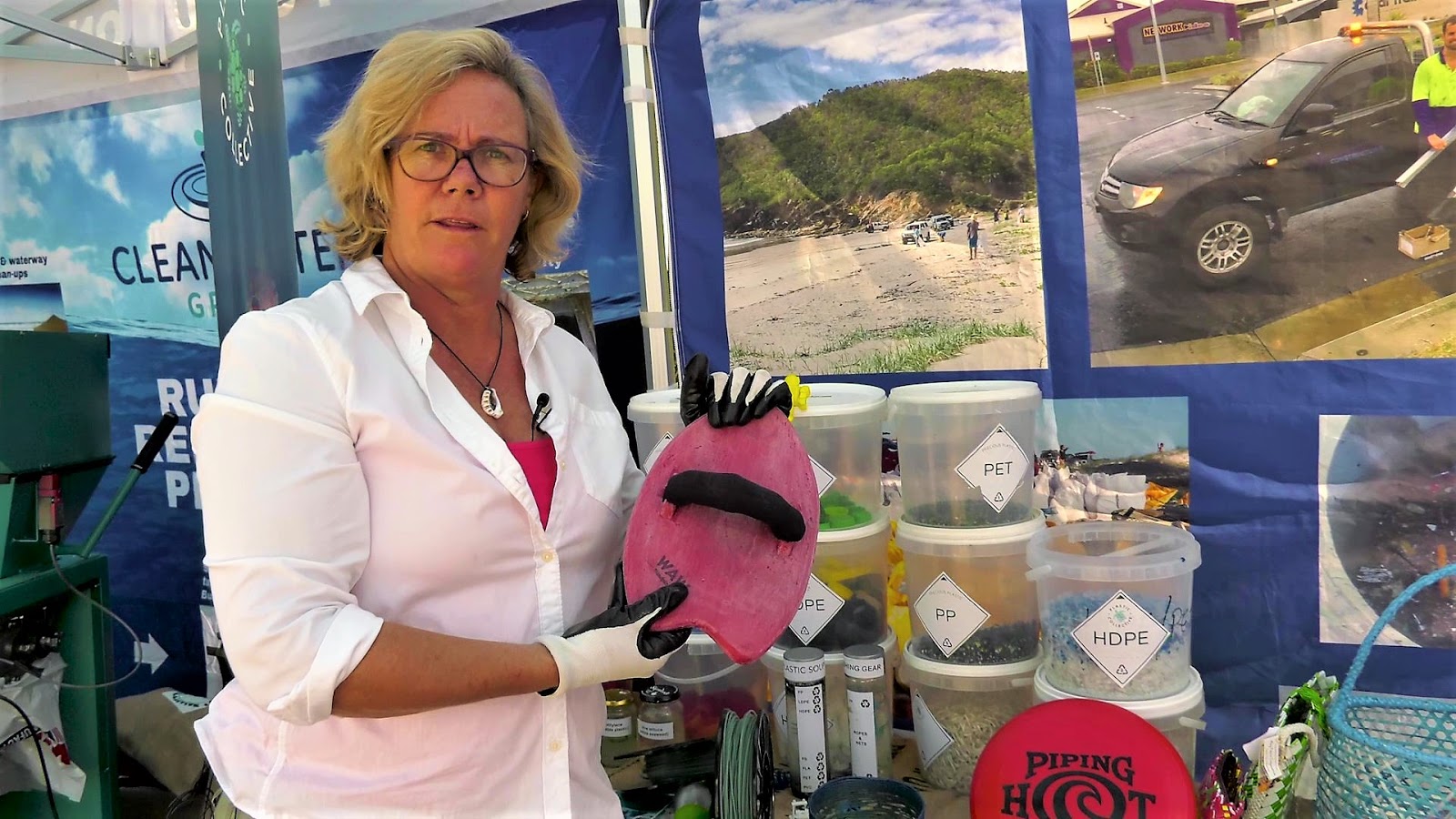
Figure 2. Using recycled ocean plastics to create products for the ocean. Plastic Collective works with brands and companies to transform industries from linear to circular economies.
COVID-19 Impacts
The Ellen MacArthur Foundation acknowledged business innovation stands as the foundation for an economic transition into a circular economy. The recent global shock caused from the COVID-19 Pandemic has shown great economic impact on businesses and risks the decline of signatories to the Global Commitment on Plastic. The EMF, its Strategic Partners, and Partners have been working to create and develop a scalable framework centred around circularity, to address the associated challenges. The EMF believes this period allows regenerative behaviours for businesses to occur and may, in fact, expedite the transition to a circular economy.
“CEOs of some of the world’s biggest companies, policymakers, philanthropists, academics, and other influential individuals have reaffirmed their commitment to building a circular economy. Together we can build an economy that is distributed, diverse, and inclusive.”
Despite the global challenges COVID-19 has brought, it has allowed businesses to re-evaluate their commitments, making significant changes towards Net Circular Plastic and Net Zero Leakage.
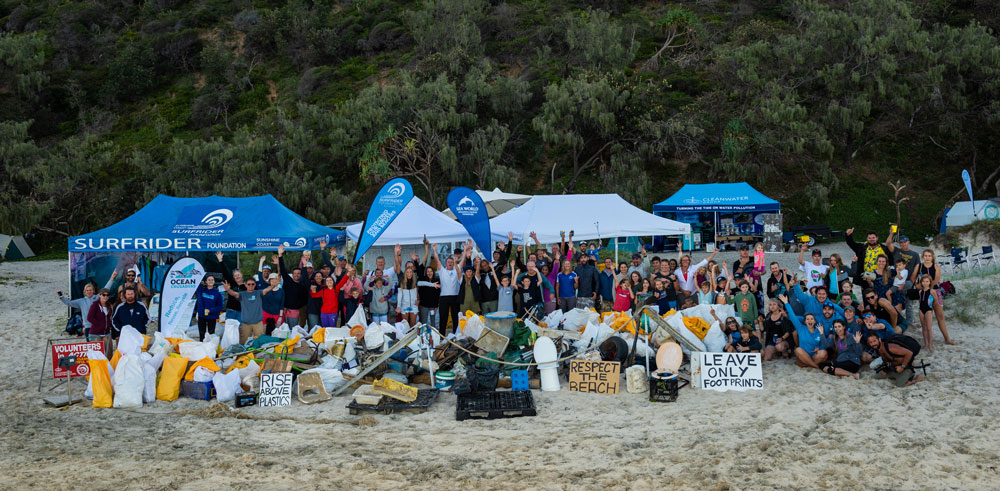
Figure 3. Net Zero Leakage, refers to plastic which never escapes into the environment. This can be included in a brands commitment to the Plastic Economy Global Commitment.
The Global Commitment Process
Signatories commit to three actions to realise this vision. Eliminate all problematic and unnecessary plastic items. Innovate to ensure that the plastics we do need are reusable, recyclable, or compostable. Circulate all the plastic items we use to keep them in the economy and out of the environment.
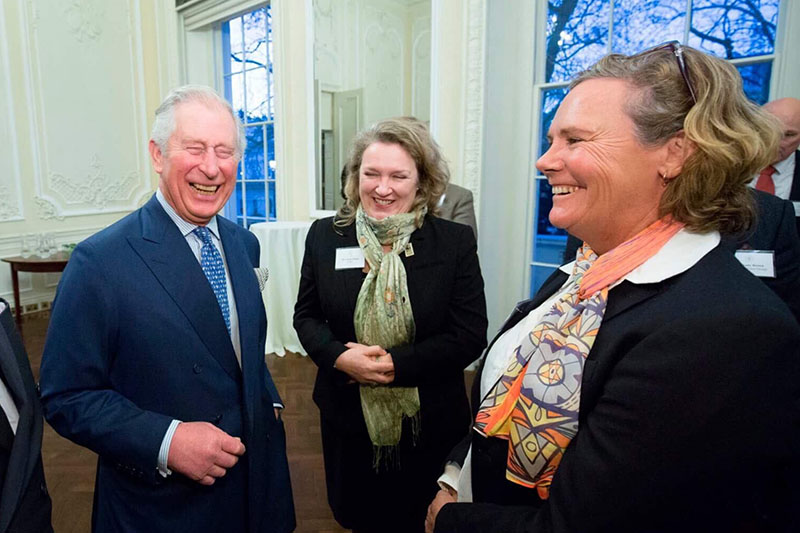
Figure 4. The Ellen MacArthur Foundation in conjunction with the Prince of Wales’ International Sustainability Unit (ISU), launched a USD $2 million prize fund for innovations which work towards the management of waste plastics
As part of the commitment process, a prerequisite signatory pack is completed and signed. This pack includes the business, organisation or country’s endorsement of the Global Commitment vision and detailed procedures forming targets and commitments for 2025:
- Take action to eliminate problematic or unnecessary plastic packaging by 2025
- Take action to move from single-use towards reuse models where relevant by 2025
- 100% of plastic packaging to be reusable, recyclable or compostable by 2025
- Set ambitious 2025 post-consumer recycled content target across all plastic packaging used
The commitments are reviewed by the Ellen MacArthur Foundation, where any necessary feedback on commitments is provided. Successful organisations return a signed copy of the documents, including copies of their institutions logo, completing their enrolment.Following this, businesses and government signatories are required to submit annual progress reports to the Ellen MacArthur Foundation, detailing their plastic leadership evolution.
The benefit of joining this growing global movement is the tide of change is sweeping over the world, consumers and citizens are increasingly requesting more sustainable products and practices. They seek reductions in waste for a cleaner, healthier prosperous future for our world. People want positive Planetary Health.
For more information on joining the Ellen MacArthur Foundation visit here or go to ellenmacarthurfoundation.org
